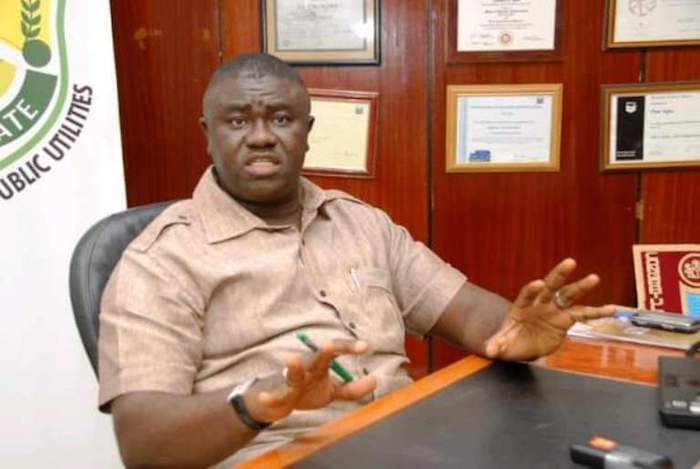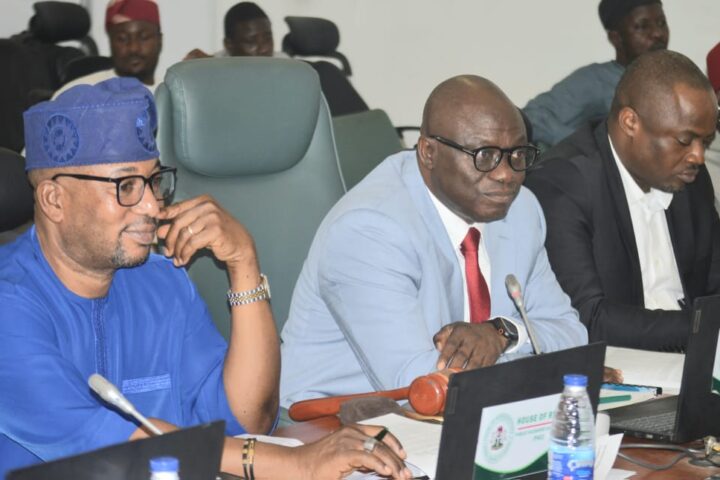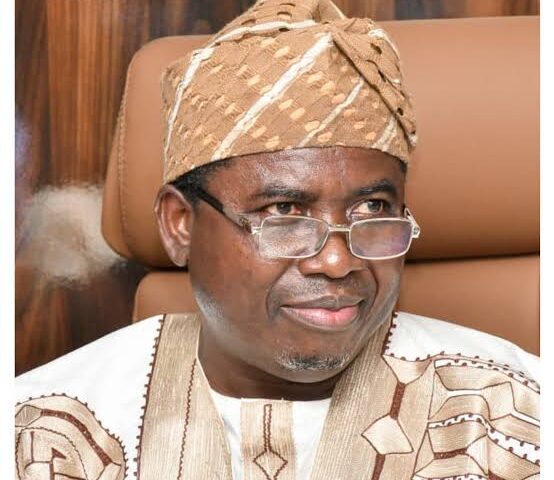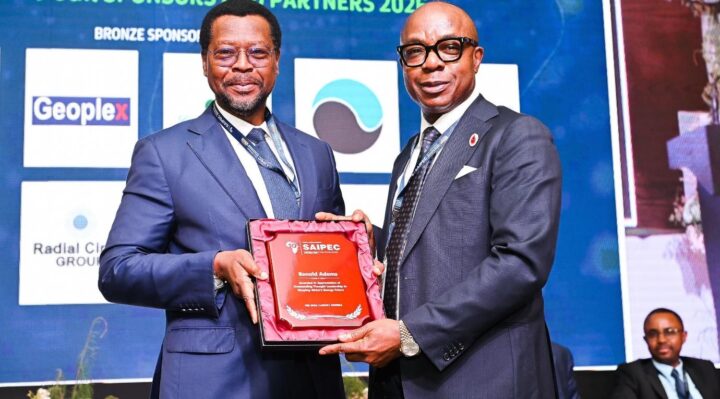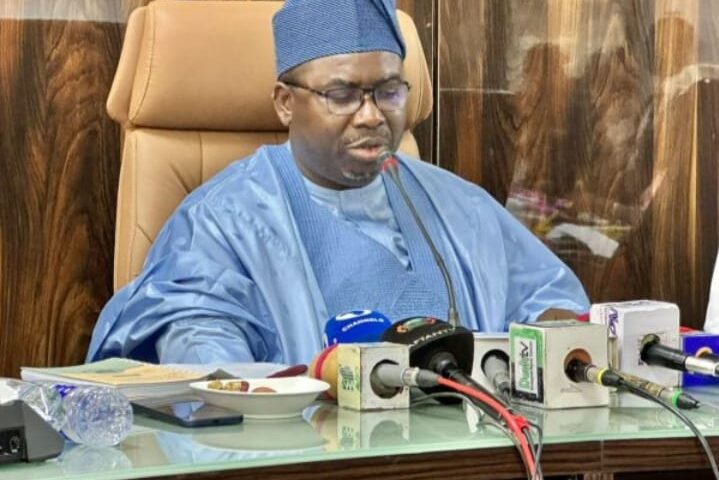The Federal Government has launched its reviewed $2.3trillion National Integrated Infrastructure Master Plan(NIIMP)(2020–2043)
Prince Clem Agba, Minister of State for Budget and National Planning,while launching the document in Abuja, explained that the NIIM was developed to guide Nigeria’s infrastructure investment by adopting a coordinated approach to infrastructure development across all sectors, add value to the national economy and enhance private sector participation in infrastructure development.
The reviewed NIIMP launched by the Federal Government projects that Nigeria requires a total infrastructure investment of $2.3trillion over the next 21 years, which is about $150billion annually to finance infrastructure investment and close the country’s infrastructural gap.
According to him, the unwavering commitment of the Federal Government in addressing the problem of huge infrastructure gap in Nigeria led to the development of the NIIMP as a government blue print for building a world- class infrastructure required to grow the economy, enhance quality of life of the citizenry, create jobs and improve the nation’s global competitiveness.
He said: “The Master Plan emanated through an elaborate and inclusive process including the work of the Ministerial Steering Committee, Technical Working Groups and Business Support Group, which provided private sector perspective and expectations.”
Speaking on the reason for the review of the NIIMP, Agba, said: “It is worthy to note that between 2014 to date when the National Integrated Infrastructure Master Plan was initially developed, a lot has happened, including some important progress towards improving the quality and stock of the nation’s infrastructure which was estimated to be between 20-25 percent of the nation’s Gross Domestic Product in 2012.
“Several important reforms have been launched across the various spectrum of infrastructure in recent years. The macroeconomic fundamentals and landscape have changed significantly, making previous estimates, targets and assumptions largely unrealistic.
“Generally, taking account of Government efforts in infrastructure delivery over the years, as well as new developments within the domestic and global environments, necessitated the need for a review of the Master Plan in 2019.”
Commenting on the achievements of President Muhammadu Buhari -led administration, he said, in the administration’s resolve to bridge the nation’s infrastructure gap in the wake of the COVID 19 pandemic, it floated a N15 trillion Infrastructure Corporation and also signed Executive order 7, which has informed right policy framework and created enough space for Public Private Partnership (PPP) in infrastructure development.
“In addition, some key infrastructure projects such as the Lagos – Ibadan Express Road, Abuja-Kaduna – Zaria Express Road and the Second Niger Bridge Project were funded through the Presidential Infrastructure Development Fund.Other noticeable achievements in the road sector include the construction and upgrading of about 5,000 km of major road projects across the country through the Sukuk bond.
“In the energy sector, the power generation capacity increased from an average of 5,500MW in 2014 to about 13,000MW by 2020. Notwithstanding, a lot of investment is still required in the area of transmission and distribution which is currently being attended to by the Federal Government”


